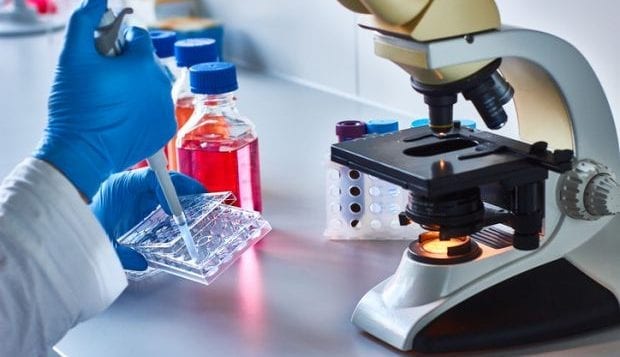Editorial: Slight against science
When the National Institutes of Health funds scientific research, the government is investing in hope. The people with the purse strings believe the scientists have the potential for progress, whether from a fundamental discovery or a breakthrough translational finding. Work in these labs may save and extend the lives of our fathers, mothers, sisters and brothers.
On Sept. 12, a cancer scientist at the Renaissance School of Medicine at Stony Brook University was charged with seven counts of stealing state and federal funds, wire fraud and money laundering when he allegedly funneled more than $200,000 of his research money into his own pockets, in part to pay his mortgage.
Taxpayers are a victim in this alleged fraud. Fellow scientists, who might have otherwise received the funds, are also greatly harmed, along with patients awaiting medical help and the support systems for all those patients. In other words, most of us — in one way or another — have been pickpocketed.
So, what’s supposed to happen now? If Geoffrey Girnun is guilty — due process will determine that and he has pleaded not guilty — he will face prison time, fines and other punishments. Girnun allegedly was self-dealing his grant money into shell companies. Perhaps the system where potential conflicts of interest exist needs a closer look, both from funding agencies and from the university.
It’s also crucial that SBU and the NIH pay especially close attention to this criminal case. They need to know all the details of this alleged fraud so they can monitor other scientists and make sure they close any gaps in the funding process. We, the taxpayers, need to be confident that the money the government invests goes toward the hunt for scientific discovery.
What shouldn’t happen? The NIH shouldn’t turn off the tap for scientists at SBU or elsewhere, or create unrealistic hurdles, to receive funding or reimbursement. As it is, many researchers spend considerable time applying for funds and, once they receive them, justifying every penny. Slowing that process down would make them less productive, hurting their research and cutting back on their benefits to the whole of humanity.
Scientific studies seek to understand cause and effect — actions and reactions. When doctors treat cancer patients, they try to balance between the need to eradicate cells with cancerous programming and the potential danger of collateral cellular damage to avoid wiping out healthy and productive cells. The treatment for this alleged fraud should do the same, trying to prevent other such corruption without shutting down valuable science.







